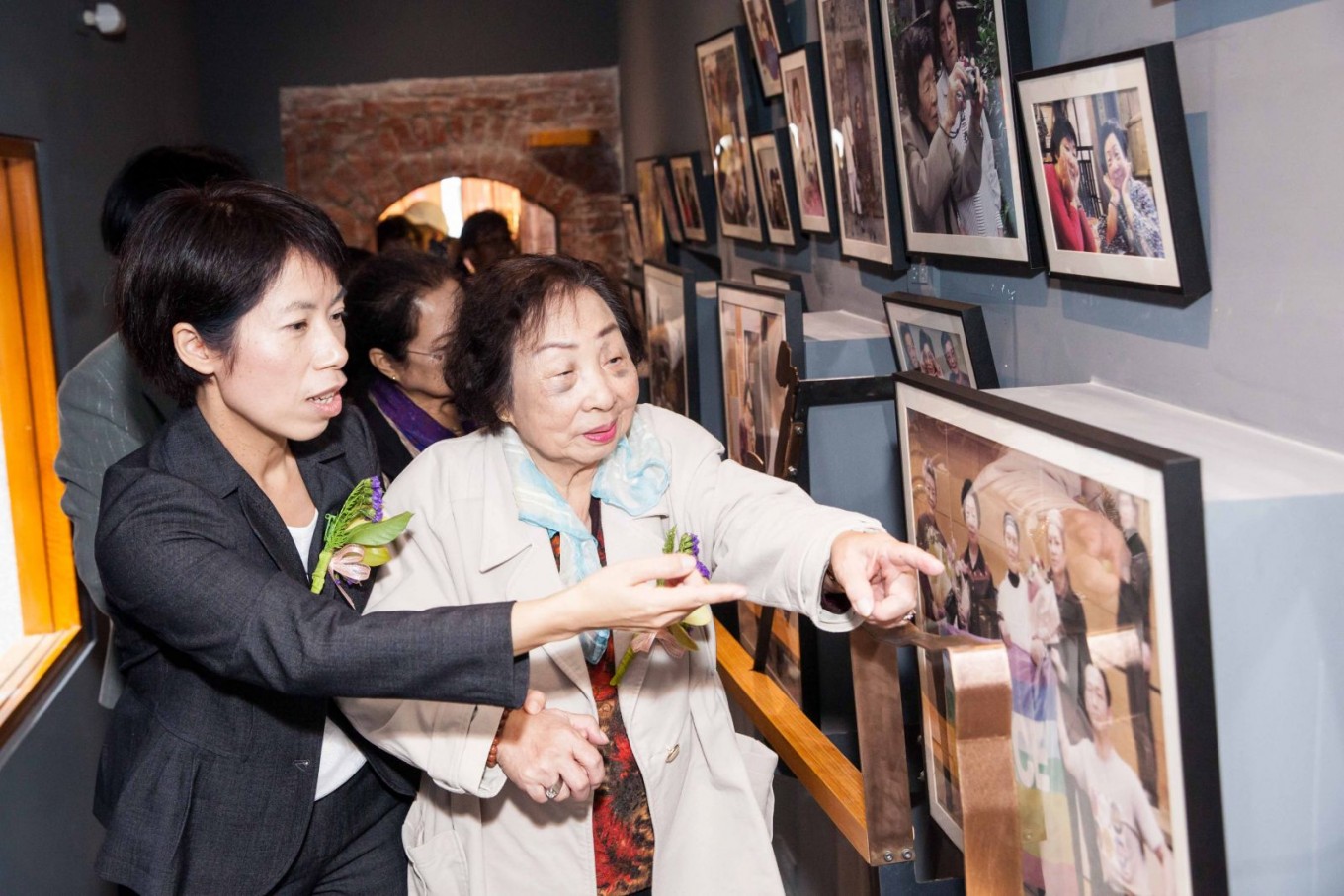Popular Reads
Top Results
Can't find what you're looking for?
View all search resultsPopular Reads
Top Results
Can't find what you're looking for?
View all search resultsGuidebook on Asian "comfort women" museums compiled
Change text size
Gift Premium Articles
to Anyone
A
Tokyo-based museum that focuses on issues involving wartime sexual violence against women has compiled a guidebook on its counterparts in other Asian countries, as part of an effort to have more voices of the victims heard.
Among them is Chinese Comfort Women History Museum, located at Shanghai Normal University, which focuses on Chinese victims forced to work at Japan's military brothels while serving as an institution for history education in cooperation with local schools and citizens.
Women who were forced to work in military brothels during the war are euphemistically referred to in Japan as "comfort women."
The guidebook issued by the Women's Active Museum on War and Peace, or WAM, gives backgrounds of the establishment of each museum -- both in English and Japanese -- and what they exhibit. Business hours, admission fees and other information are provided for the nine museums featured.
At the Shanghai museum, mementos of victims, including their clothes and IDs, as well as a map indicating 170 points in Shanghai, where "comfort stations" of Japanese military are known to have been located are put on display. Visitors are also able to watch documentary films, featuring Chinese victims.
Four museums in South Korea are presented in the guidebook, of which the House of Sharing in Gwangju serves also as a nursing home for former sex victims who have reached an average age of 90.
The National Women's Historical Hall in Busan has various documents -- photographs, books and audiovisual collections as well as materials about a lawsuit on the comfort women issue.
At Lila Pilipina, Lolas Center in the Filipino city of Quezon, meanwhile, lolas, or grandmothers in Tagalog, display their handmade embroideries depicting their wartime experiences, while housing testimonies of more than 170 survivors of the atrocities.
While the lolas have also given testimonies at universities, they have gradually depended on Skype to share their experiences with young people around the world, according to the guidebook.
Read also: Definitions of 'comfort women' reveal Japan-South Korea divide
The Ama Museum in Taipei was established last December to document the struggles of former Taiwanese comfort women and to promote empowerment of contemporary women. Ama means grandmother in Taiwanese.
At its exhibition hall, materials are displayed that allow visitors to learn the historic background of the comfort women system and international campaigns on human rights and women's rights.
"Victimized women are aging and many of them have passed away, while the victimizers' side aims to close the curtain on the issue," said Mina Watanabe, secretary general of WAM. "Given these circumstances, we expect the museums to play a role in preserving the memories of the victims so the wartime sexual violence will never be repeated, despite the attempt to eliminate inconvenient history."
WAM was established in August 2005 on the 60th anniversary of the end of World War II as Japan's only resource of information on the issue of comfort women. A summary of the WAM's activities are also included in the guidebook.
Watanabe also indicated the existence of these museums shows the issue of comfort women is not a bilateral dispute between Japan and South Korea but one that should be addressed multilaterally.
The directors of the museums gathered in Tokyo in early April to share their efforts to carry on the records of comfort women, and reaffirmed that they will further develop coordination so they can contribute to rehabilitating the victimized women and to achieving a world where human rights of women are defended.
"We, the museum directors and staff, have launched a cross-border network, and we hope this guidebook will promote our effort to honor the women who have come forward, with courage and dignity, to prevent the recurrence of the tragic history," Watanabe said.
The guidebook, which includes color photos and maps of each museum, costs 500 yen. For further information, call WAM at 03-3202-4633 from Wednesday through Sunday.
The comfort women issue came to light when Kim Hak Sun became the first to come forward about the plight in Seoul in 1991, demanding that Japan take responsibility for its war atrocities.











